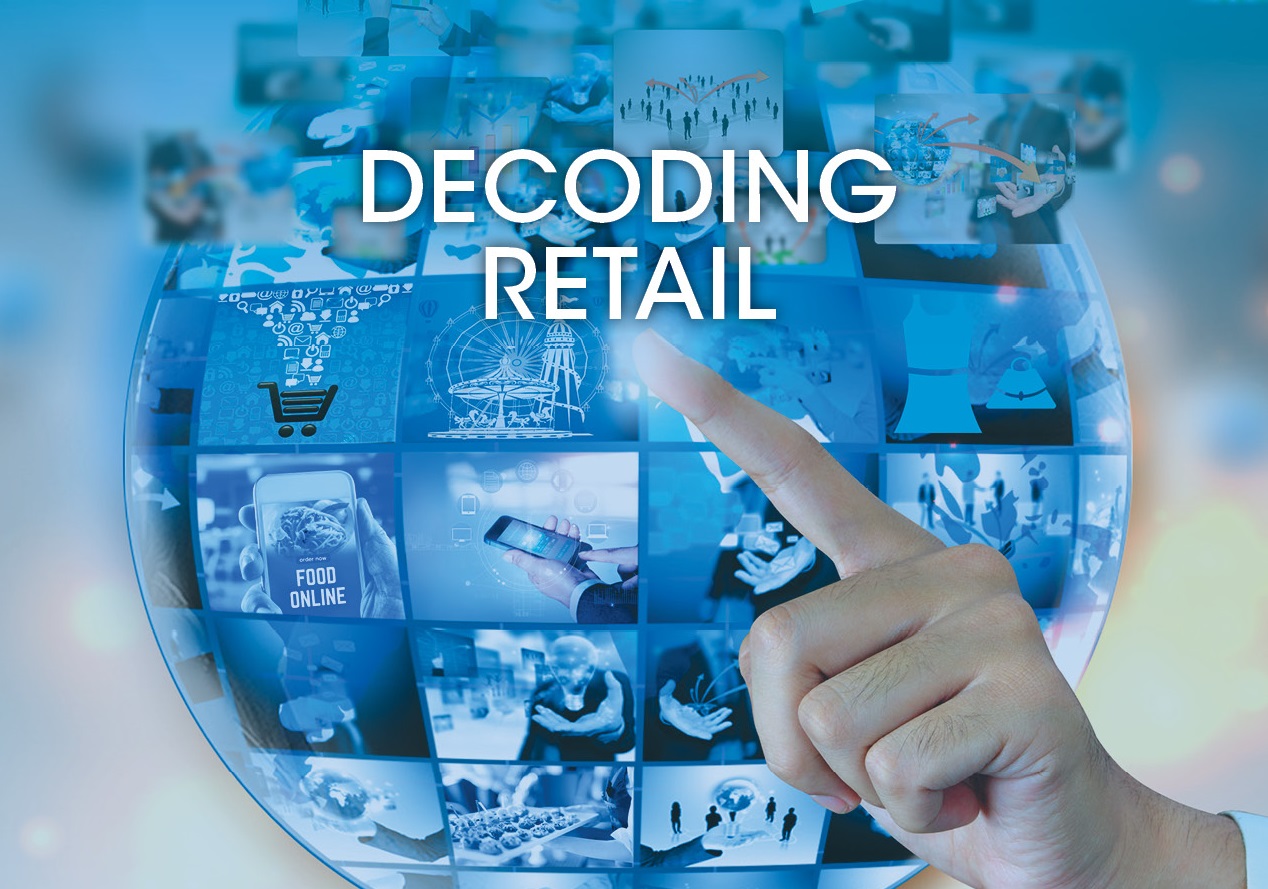
Convenience is critical – people are willing to spend for convenience and experience. It could be getting food delivered to the doorstep, using an app to reserve a parking spot in a shopping mall over the weekend or ordering an Uber ride.
Millennials and baby boomers tend to spend a lot on food experiences. But the concepts have to separate themselves from the pack by being innovative through food, ambience and technologically.
Rapid technological advancements are taking place, disrupting retail in many ways. And retailers are experimenting many retail formats to reinvigorate the industry.
Rupkatha Bhowmick speaks to CBRE about the future of retail
“Pure online players will drastically diminish. More and more online players will start establishing a physical retail presence,” observed Andrew Phipps, head of EMEA & UK retail research, CBRE.
The process has already started. Alibaba is taking up space in shopping malls in China. Closer to home, SOUQ.com has a physical fulfilment centre on Sheikh Zayed Road in the UAE.
“Retailers have realised that consumers are looking for an omnichannel experience,” added Melina Cordero, head of retail research Americas, CBRE. “The store still plays a pivotal role in the shopping decision even if the transaction happens online. Besides, the cost of doing online is quite high. In the US, online retailers have to offer free or low shipping charges and returns. That’s quite expensive. Hence, the store becomes a way to protect profits as people can order online and pick-up, return or exchange in the stores, saving logistics cost for the retailer.”
However, the big question is if real estate cost is lower than logistics costs.
“That’s a big debate indeed,” agreed Cordero. “One of the challenges are e-commerce cost is a lot less fixed and tend to fluctuate, making it unpredictable. In the store, it is more predictable. The cost and constraints vary from market-to-market depending on infrastructure and population distribution.”
“Online is indeed very expensive owing to the delivery timelines. People also order more than required because they know return is free. In EMEA around 35% of transactions get returned, versus 7% in the store,” complemented Phipps.
“In the US the growth of online was being translated as the decline of bricks-and-mortar. That has not happened. In fact, more than half of all sales in the US are driven by the bricks-and-mortar brands which are taking a large share of online sales,” cited Cordero.
In the past year, there have been many store closures in the UK and the US. Does it translate into more physical retailers building up online presence?
“Having a store is key. But more important is to select the right location. That’s what these retailers are doing,” opined Phipps. “Earlier having five stores in London was considered enough, but now these stores have to be located in the right places. Brands are now paying closer attention to understanding who their customers are and their location. Then they are attempting to get closer to these customers.”
“That’s why data is becoming so important. Earlier it was enough to take the brands to high-density population centres. Now brands are looking at targeted demographics. That’s why retailers have to invest in technology to mine customer information in a sophisticated manner,” explained Cordero.
Closer home in the GCC and Middle East, traditional locations – the super-regional malls – still tend to do brisk business compared to the new-age locations.
“That true. However, so far as advancements are concerned, Dubai and Abu Dhabi will lead in areas of autonomous vehicles that will play a vital role in moving people around sustainably as well as drones facilitating delivery systems. There is a real desire for change in the Middle East,” Phipps pointed out.